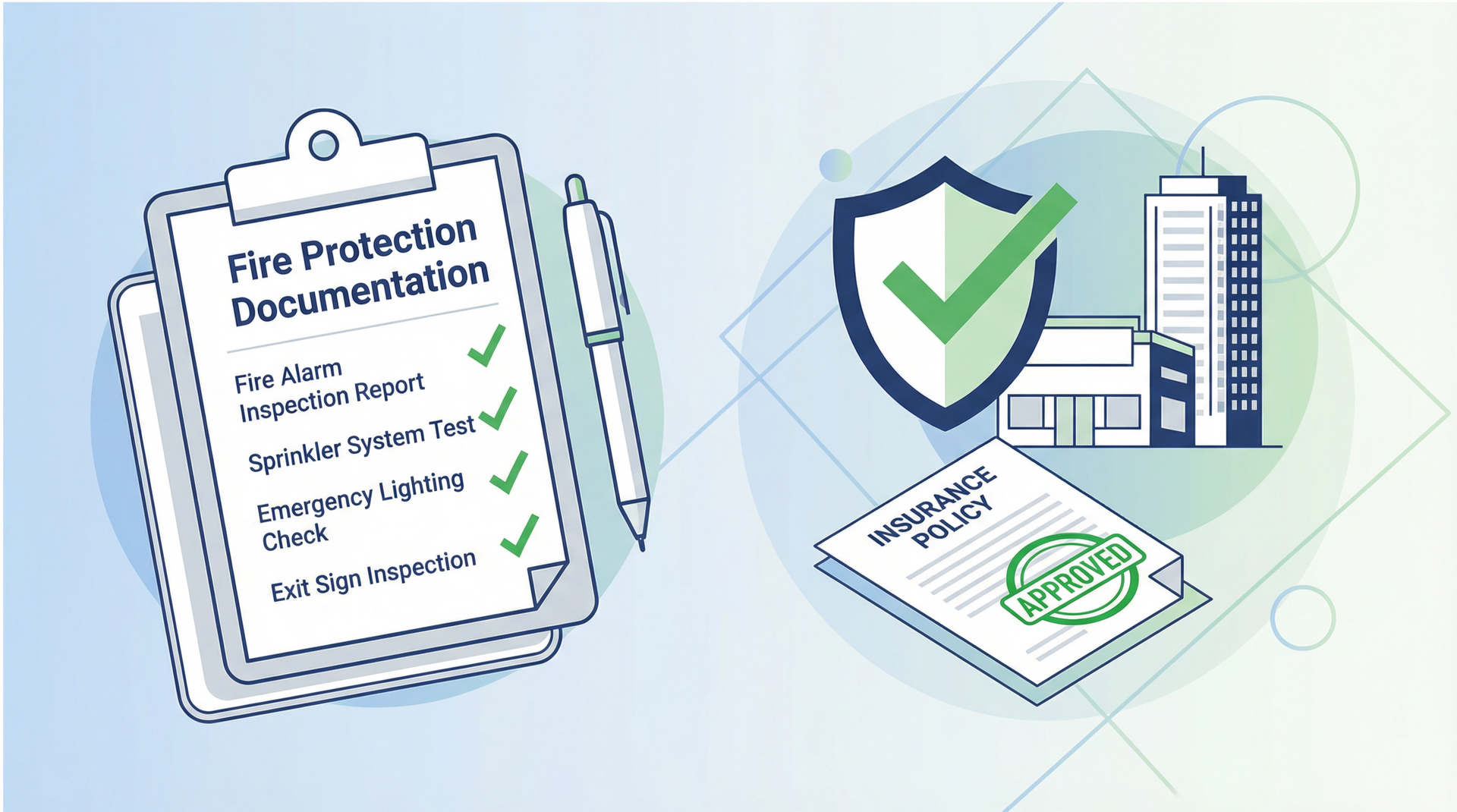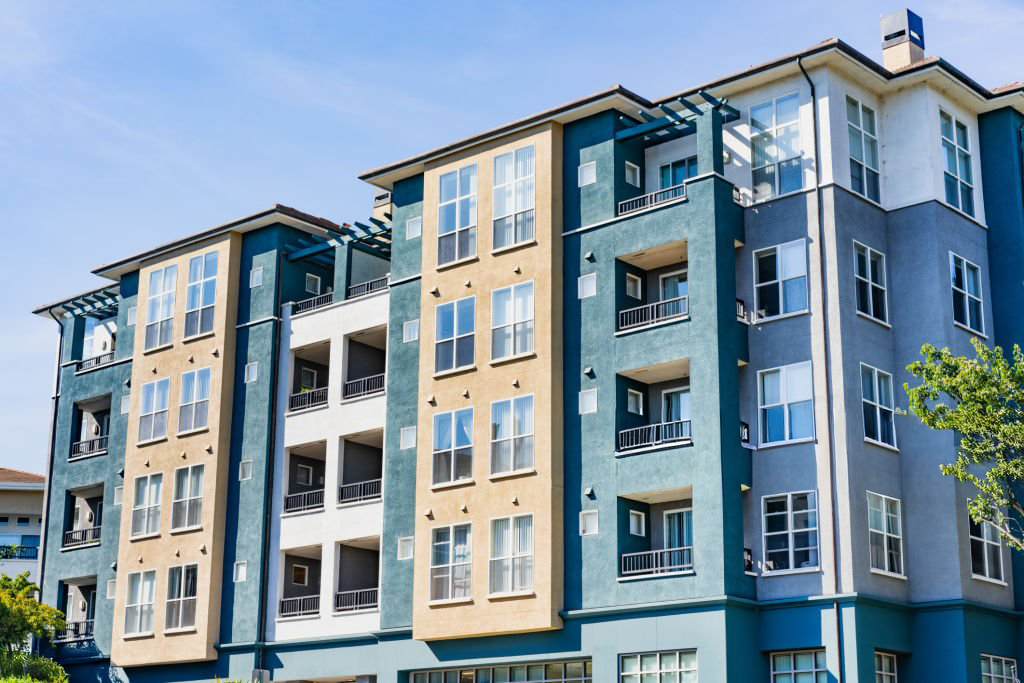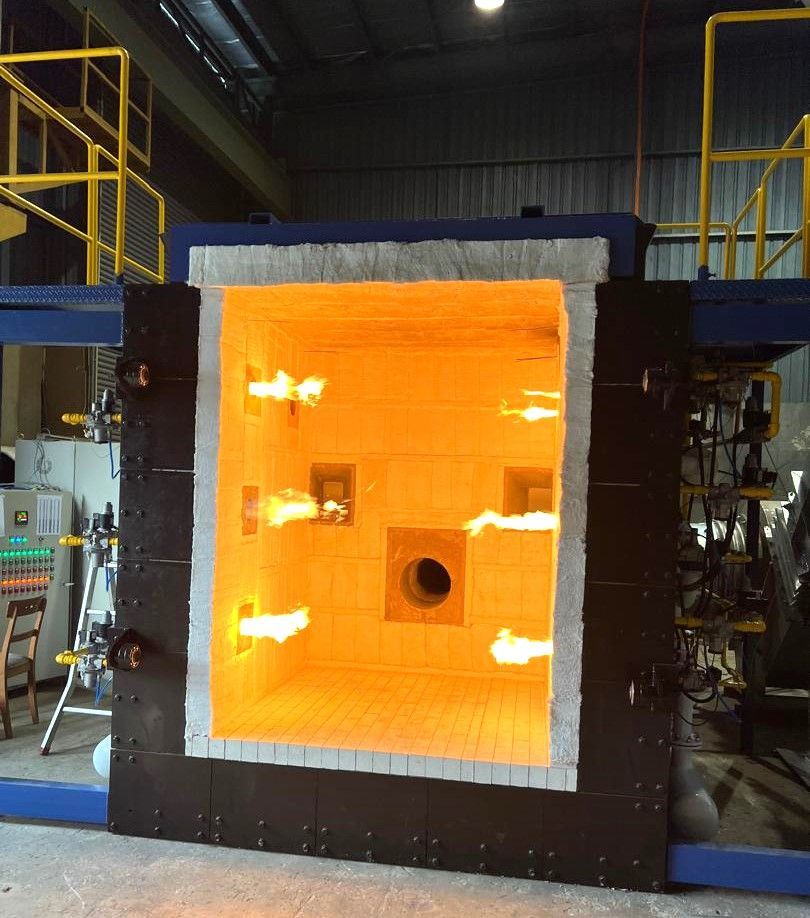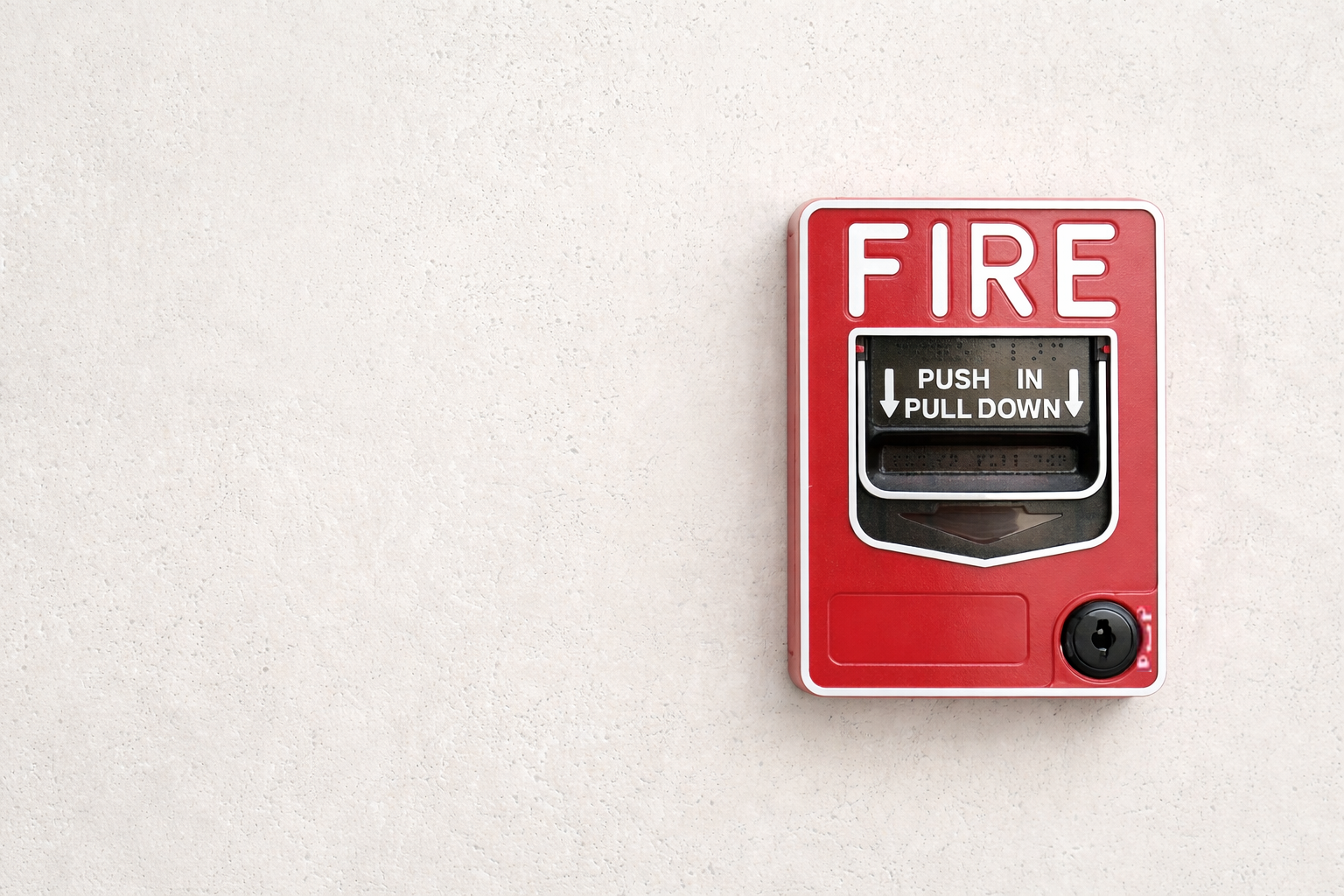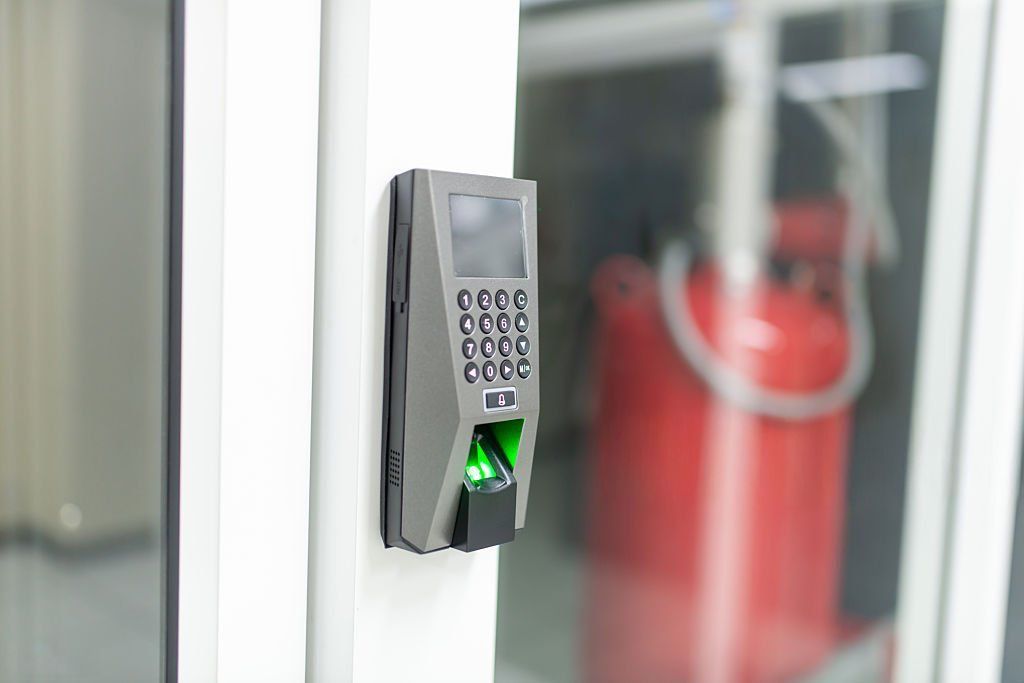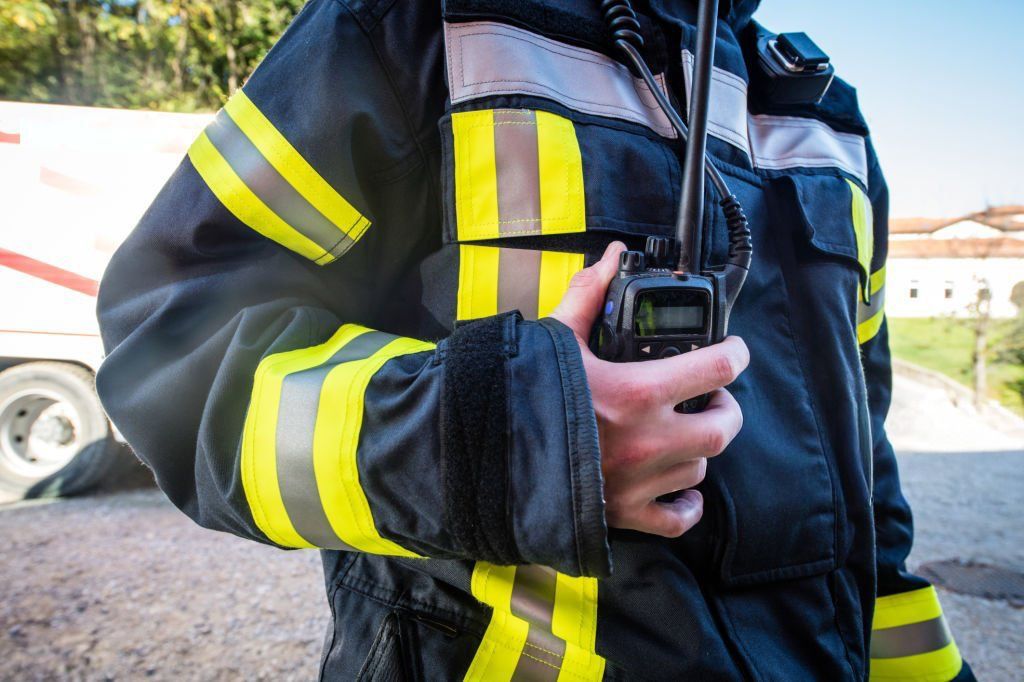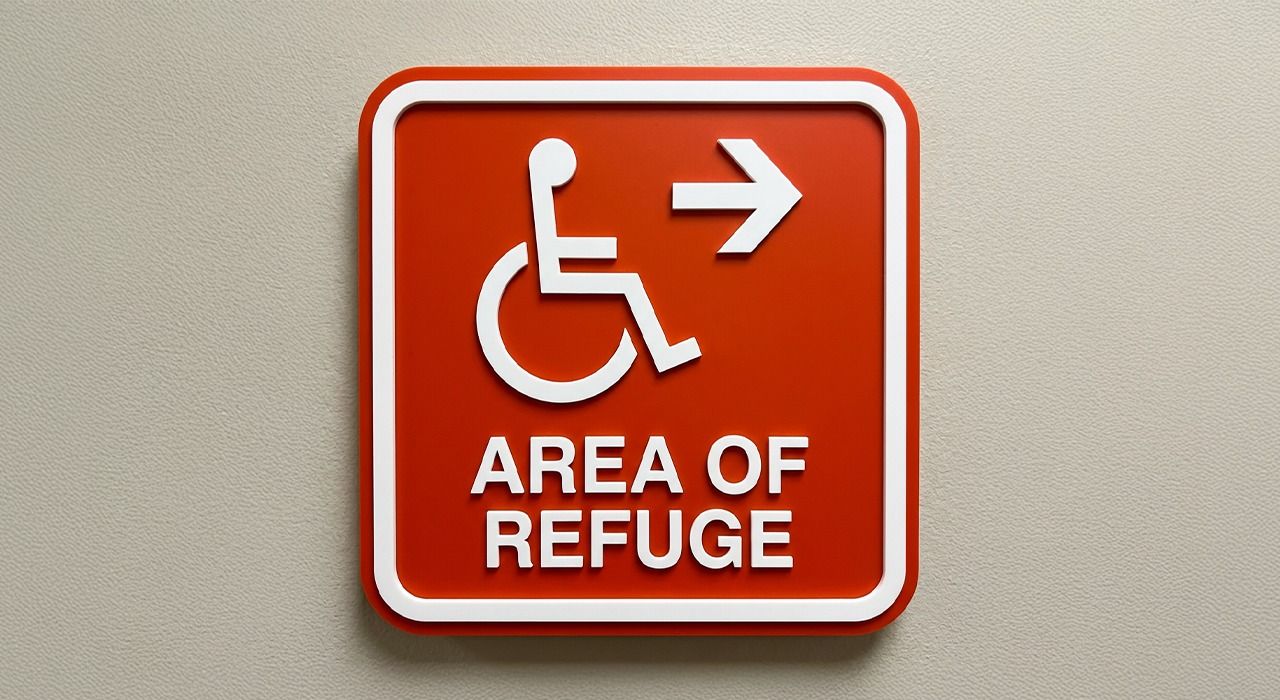Healthcare Fire Safety Inspections: Southern California Guide
Your medical facility can perform heart surgery, deliver babies, and save lives around the clock. But can it protect those same lives if a fire breaks out? In Southern California's high-risk environment, basic fire protection isn't enough—you need healthcare-specific expertise.
Healthcare facilities in this region face unique challenges: wildfire interface zones, seismic requirements, and some of the nation's strictest fire safety regulations. Add in vulnerable patients who can't evacuate themselves, complex medical equipment that must keep running, and 24/7 operations that leave no room for system failures.
The reality? Most healthcare facilities fail their first fire safety inspection. The consequences aren't just fines—they're potential loss of accreditation, insurance issues, and operational shutdowns that can cost millions.
Don't let your facility become another statistic.
Why Healthcare Fire Safety Is Different (And More Critical)
Healthcare facilities aren't office buildings. They're complex environments where:
- Patients can't evacuate themselves (think ICU patients on life support)
- Medical equipment must keep running during emergencies
- Oxygen-rich environments create explosive fire risks
- 24/7 operations mean no downtime for maintenance
Think of it like this: If a regular building is like a car, a hospital is like a Formula 1 race car. Everything must work perfectly under extreme conditions.
📞 Need immediate fire safety assistance? Call Fire Testing Solutions at (866) 757-8378 or Book a call for emergency support.
The Three-Layer Inspection System
Healthcare fire safety inspections work on three levels. Think of them as three security guards protecting your facility:
Layer 1: Federal Standards (The Foundation)
NFPA 99 = The rulebook for healthcare fire safety
NFPA 101 = The evacuation and life safety rules
CMS Requirements = The "pay to play" rules for Medicare/Medicaid
Layer 2: California State Rules (The Enhancement)
Title 19 = California's extra safety requirements
Seismic Standards = Earthquake-proof fire systems
Wildfire Zones = Special protection for high-risk areas
Layer 3: Local Jurisdiction (The Final Check)
City Fire Departments = Local inspection requirements
County Health Departments = Additional healthcare rules
Building Departments = Construction and occupancy standards
Each layer builds on the next. Miss one, and your entire safety system crumbles.
The Joint Commission: Your Make-or-Break Moment
The Joint Commission is like the final exam for healthcare facilities. They don't just check boxes—they dig deep. Here's what they're really looking for:
Fire Safety Documentation
- Every test recorded and dated
- Staff training certificates current
- Equipment maintenance up-to-date
- Emergency procedures practiced and documented
System Integration
- Fire alarms talk to nurse call systems
- Medical gas shuts off during emergencies
- Backup power kicks in automatically
- Staff knows exactly what to do
Real-World Readiness
- Can your facility actually evacuate patients safely?
- Do your systems work under pressure?
- Is your staff truly prepared?
📞
Preparing for Joint Commission survey? Get expert preparation services. Call (866) 757-8378. or
Book a Call
Common Inspection Failures (And How to Avoid Them)
Based on our 40+ years of experience, here are the top reasons healthcare facilities fail inspections:
1. Documentation Disasters
The Problem: Missing or incomplete records
The Fix: Digital tracking systems with automatic reminders
Pro Tip: If it's not documented, it didn't happen
2. Staff Training Gaps
The Problem: Outdated or insufficient training records
The Fix: Regular training schedules with competency testing
Reality Check: Your newest employee should know fire procedures as well as your veteran staff
3. Equipment Maintenance Delays
The Problem: "We'll fix it next month" mentality
The Fix: Immediate repair protocols and backup systems
Bottom Line: Fire doesn't wait for convenient timing
4. Integration Failures
The Problem: Systems that don't talk to each other
The Fix: Professional integration testing and verification
Think About It: Your fire alarm should automatically shut off medical gas and alert nursing stations
🔗
Want to develop a comprehensive fire safety strategy? Check out our guide:
How to Develop a Fire Emergency Plan for Hospitals and Healthcare Facilities
Medical Gas Systems: The Hidden Complexity
Medical gas systems are like the nervous system of your facility. When fire strikes, they must:
- Shut off automatically in affected zones
- Maintain supply to critical areas
- Alert staff to system changes
- Switch to backup seamlessly
This isn't simple plumbing. It requires specialized knowledge that most fire protection companies don't have.
Why This Matters: A medical gas leak during a fire can turn a manageable emergency into a catastrophe.
📞
Need medical gas system fire safety testing? Our certified technicians specialize in healthcare integration.
Call (866) 757-8378 or Book a Call.
Southern California's Unique Challenges
Southern California isn't just another region. It presents specific challenges:
Wildfire Interface Zones
Areas Affected: Malibu, Calabasas, foothill communities
Special Requirements: Enhanced fire protection systems
Reality: Your facility might need wildfire-specific protections
Seismic Considerations
The Challenge: Fire systems must survive earthquakes
The Solution: Seismic-rated equipment and flexible connections
The Stakes: Post-earthquake fires are common and deadly
Regulatory Complexity
Multiple Jurisdictions: City, county, state, and federal rules
Varying Requirements: What works in LA might not work in Orange County
Constant Changes: Regulations update frequently
The True Cost of Fire Safety Compliance
Let's talk numbers. Healthcare fire safety isn't cheap, but violations are far more expensive:
Investment Ranges*
- Small Clinics: Baseline annual investment
- Medium Hospitals: 3-4x clinic investment
- Large Medical Centers: 8-12x clinic investment
*Actual costs vary significantly. Contact us for specific quotes.
Return on Investment
- Avoided Violations: Prevent costly remediation
- Insurance Savings: 5-15% premium discounts possible
- Operational Continuity: No shutdowns or license suspensions
- Reputation Protection: Maintain community trust
The Bottom Line: Compliance costs money. Non-compliance costs everything.
📞
Need a customized cost analysis? Get a free consultation at (866) 757-8378 or
Book a Call.
Why Fire Testing Solutions Is Your Best Choice
Here's the simple truth: Not all fire protection companies understand healthcare. We do. Here's why:
Healthcare-Specific Expertise
- 40+ years of combined healthcare experience
- Hundreds of successful healthcare inspections
- Zero Joint Commission survey failures for prepared clients
- 24/7 emergency response for healthcare facilities
Southern California Knowledge
- Deep understanding of local regulations
- Relationships with regional authorities
- Experience with seismic and wildfire requirements
- Knowledge of county-specific variations
Comprehensive Services
- Annual and 5-year inspections
- Joint Commission survey preparation
- Medical gas system integration
- Emergency response and remediation
- Staff training and consultation
Proven Results
- 100% inspection pass rate for prepared facilities
- Average 48-hour response time for emergencies
- Digital documentation systems for easy record keeping
- Transparent pricing with no hidden fees
Your Next Steps: Don't Wait for an Emergency
Fire safety isn't something you can postpone. Here's your action plan:
Immediate Actions (This Week)
- Schedule your assessment with Fire Testing Solutions
- Review your current documentation for gaps
- Check your last inspection dates for overdue items
- Verify staff training is current and complete
Short-Term Planning (Next 30 Days)
- Develop your inspection schedule for the year
- Budget for necessary upgrades or repairs
- Train additional staff on fire safety procedures
- Update your emergency procedures as needed
Long-Term Strategy (Next 12 Months)
- Implement preventive maintenance programs
- Establish vendor relationships for reliable service
- Plan for regulatory updates and changes
- Consider system upgrades for better integration
📞
Ready to ensure your facility's fire safety compliance?
Call Fire Testing Solutions at (866) 757-8378 or Book a Call for your free consultation.
Conclusion: Your Patients Depend on Your Fire Safety
Healthcare fire safety inspections aren't just regulatory requirements—they're your promise to protect the most vulnerable people in our community. In Southern California's challenging environment, you need more than basic fire protection. You need specialized expertise.
Fire Testing Solutions understands the unique challenges of healthcare facilities. We know the regulations, the technology, and the stakes. Most importantly, we know how to keep your facility compliant and your patients safe.
Don't wait for a violation or emergency to take action. Your patients, staff, and community are counting on you to get this right.
Contact Fire Testing Solutions today:
📞 Phone: (866) 757-8378
📧 Email: service@firetestingsolutions.com
🏢 Office: 700 W. First St, Suite 10, Tustin, CA 92780
Fire Testing Solutions specializes in fire alarm and life safety services with NICET-certified technicians, providing comprehensive testing, installation, and monitoring services throughout Southern California.

